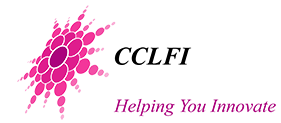The course features the following innovations:
- Instead of a final written examination, the most important requirement is a workplace practicum applying a knowledge management (KM) tool or solution, where
- The permission of the student's superior is first sought;
- To obtain that permission, the student has to practice informing his or her superior what is KM and what are the workplace benefits from KM;
- The student conducts a Quick Business Process Assessment© or QBPA on a process he or she is involved in, to determine what is the most appropriate KM tool or solution that can address workplace issues or priority knowledge gaps;
QBPA is itself an innovation: it is a very simple but powerful diagnostic tool based on tacit knowledge of those who perform the business process and those who use its output (internal and external customers). QBPA is a tool that enables connecting KM to workplace performance. - The superior makes the final decision on what KM solution or tool to adopt based on the results of the QBPA;
- Performance metrics are used before and after the KM practicum to generate evidence of KM benefits as well as to provide the student and his/her superior "bragging rights" to promote KM to the rest of the organization.
- At the end of the semester, the student submits (a) a report in the form of a manual on how to repeat what he did, and (b) a presentation describing to his work colleagues the results or benefits from the KM practicum;
- The student final grade is largely determined by the emailed feedback from the superior to Dr. Talisayon.
- A course website is constructed, which is this section of the CCLFI website.
- A class website supports the face-to-face lectures such as through online study of two KM case studies.
